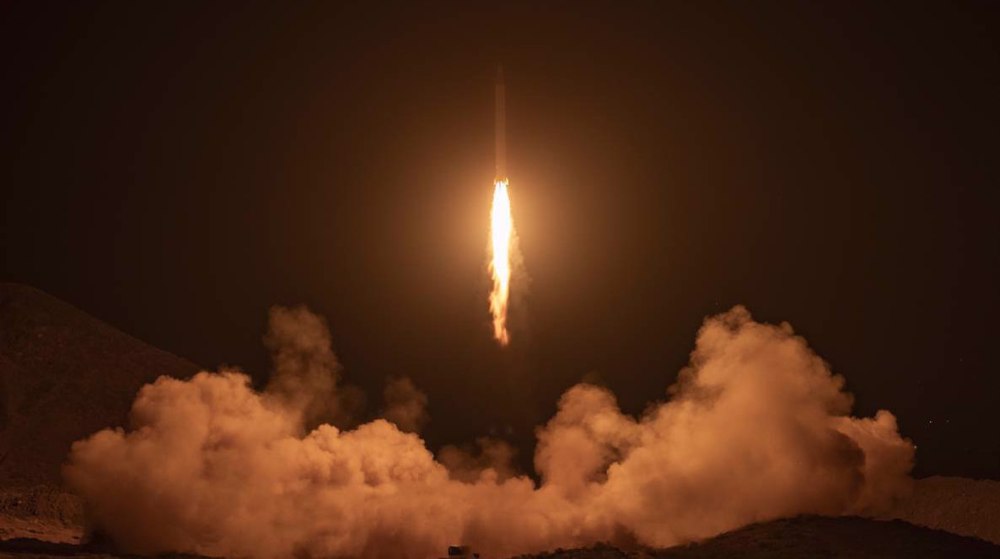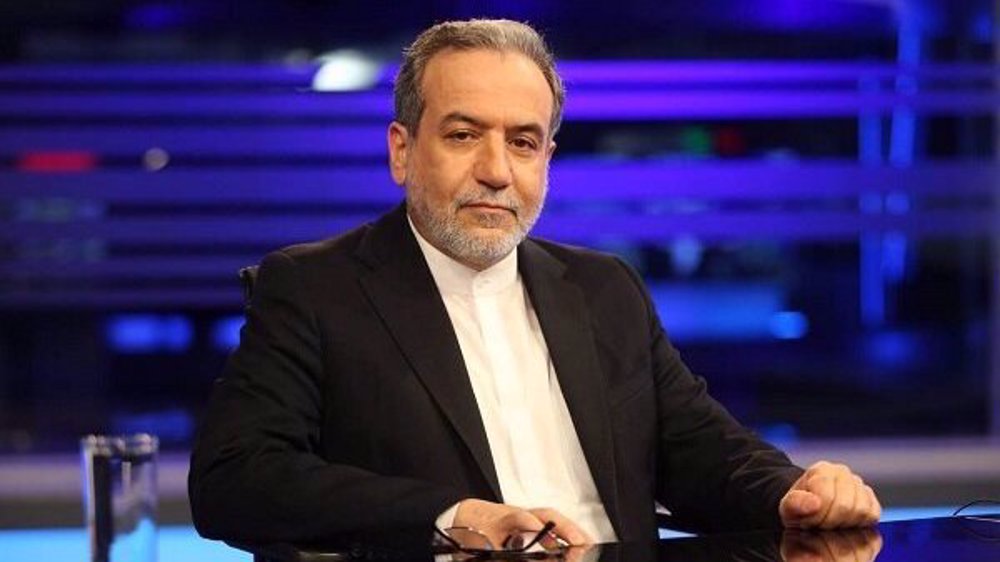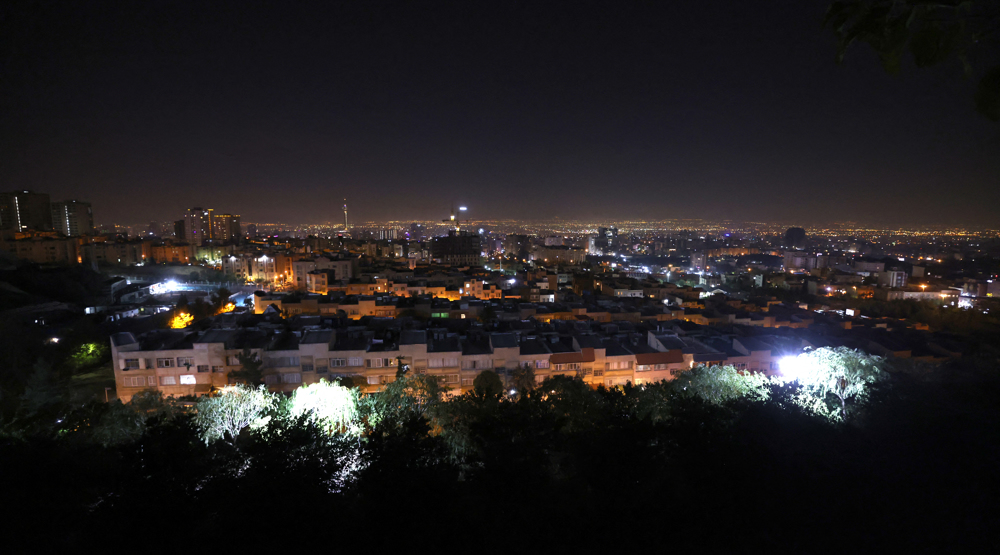Bulgarian president praises Iran’s contribution to peace, security
Bulgarian President Rumen Radev says his country backs Iran’s efforts to promote stability and peace in the Middle East region.
“We support and appreciate Iran’s role in the sensitive region of the Middle East and its efforts to help stability and peace in this region,” IRNA quoted Radev as saying during a meeting with Iranian Foreign Minister Mohammad Javad Zarif in Bulgaria's capital Sofia on Wednesday.
Iran is a very important country in the region and we attach high significance to our relations with Tehran, especially in the economic sector, Radev added.
“Developing economic relations with Iran is a priority for Bulgaria and to that goal, we need to remove obstacles and strengthen transit routes, among them the corridor connecting the Black Sea to the Persian Gulf,” he said.
Zarif, for his part, conveyed the warm greetings of Iranian President Hassan Rouhani to Radev and invited him to pay an official visit to Tehran.
The Iranian foreign minister said that Bulgaria was an important European country to Iran, adding that it acted as a gate to Europe.
The top Iranian diplomat also called for the expansion of economic ties between Tehran and Sofia, and stressed that facilitating banking transactions could contribute to that end.
Referring to Bulgaria’s support for the Iran nuclear deal, known as the Joint Comprehensive Plan of Action (JCPOA), Zarif said the agreement was a great achievement for diplomacy and that Europe played a big role in its conclusion.

Zarif went on to say that the 10 reports presented by the UN nuclear agency since the implementation of the deal all showed Iran’s full compliance with the JCPOA while the US was obstructing its implementation.
Tehran and the five permanent members of the United Nations Security Council – the US, France, Britain, Russia and China – plus Germany signed the JCPOA on July 14, 2015 and started implementing it on January 16, 2016.
Under the JCPOA, Iran undertook to put limits on its nuclear program in exchange for the removal of nuclear-related sanctions imposed against Tehran.
Elsewhere in his remarks, Zarif touched on Iran’s “very constructive role” in fighting terrorism and extremism in the region and said, “We have always been confronting terrorist groups in our region, but some regional countries continue to support them.”
Zarif also met with Bulgarian Prime Minister Boyko Borisov, during which the two sides discussed ways to deepen economic relations, and the situation in the Middle East.

He said the two countries could increase the volume of mutual trade transactions to over $1 billion in the future.
Zarif also said Iran and Bulgaria could cooperate in the sectors of transit, oil, gas, infrastructure, as well as technical and engineering services.
Borisov, for his part, said Bulgarian companies were ready to work with the Iranian side in the road construction and auto manufacturing sectors.
The Iranian foreign minister also held separate meetings with Bulgarian Foreign Minister Ekaterina Zakharieva and Parliament Speaker Tsveta Karayancheva.

Zarif and his Bulgarian counterpart discussed ways to follow up on the implementation of the agreements already signed between the two countries. They also discussed the current developments in the Middle East, including the conflicts in Syria and Yemen, and the need to fight terrorism and extremism.

Zarif also expressed hope for the further development of mutual ties in his meeting with the Bulgarian parliament speaker.
Russian court orders Google to pay staggering fine of $20 decillion
Yemeni forces carried out five operations in Haifa, targeting six ships, in one year: Report
Israeli war machine fails to penetrate Lebanon despite barbaric bombardment: Houthi
VIDEO | Is West's dominance over?
VIDEO | Five Syrians killed in Israeli airstrikes on al-Qusayr near Homs
VIDEO | South African resistance leaders reflect on ways to overcome Israeli aggression
VIDEO | Press TV's news headlines
VIDEO | Netanyahu pressured on a ceasefire










 This makes it easy to access the Press TV website
This makes it easy to access the Press TV website